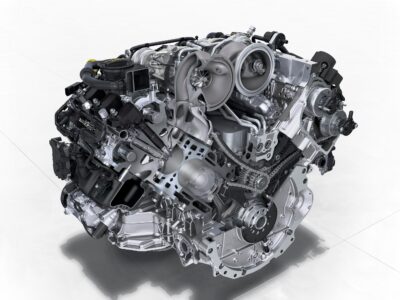
Dacia Sandero vs Stepway: The Ultimate Comparison Guide
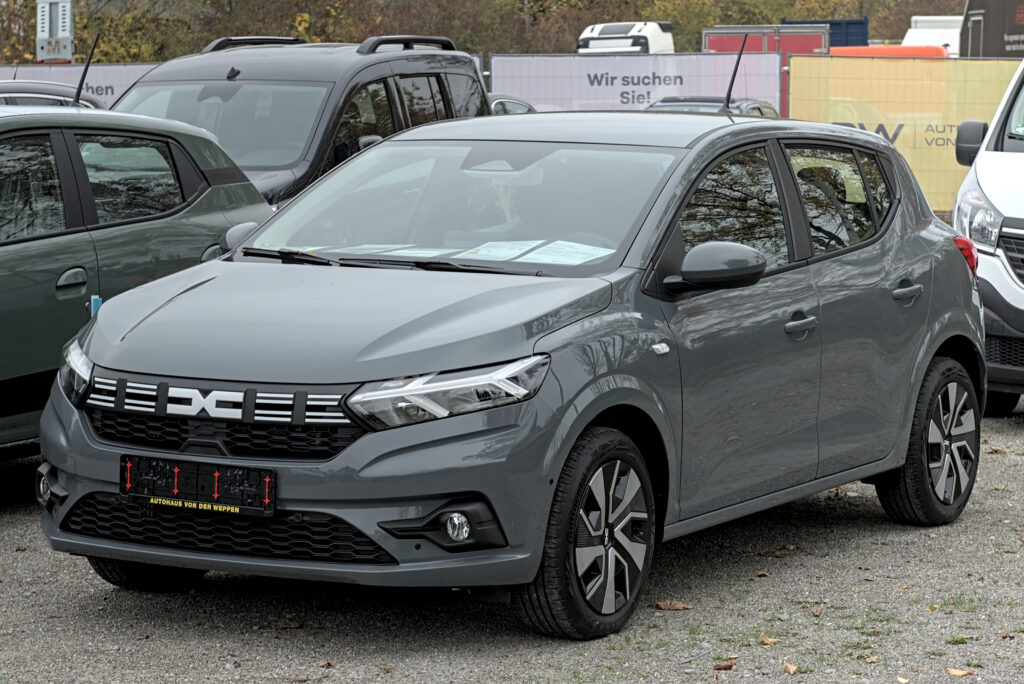
Choosing between the Dacia Sandero and Dacia Sandero Stepway can feel like splitting hairs — both are practical, affordable, and remarkably reliable. Yet, subtle differences in design, equipment, and driving character make each model stand out in its own right. In this in-depth guide, we’ll explore every key aspect — from engines to interior features, pricing, and real-world performance — to help you decide which Dacia fits your lifestyle best.
Both the Dacia Sandero and the Stepway share the same platform and mechanical DNA — efficient engines, affordable running costs, and a focus on practicality. However, they cater to slightly different audiences.
The Sandero is an urban-friendly hatchback emphasizing comfort and simplicity, while the Stepway adds rugged flair with raised suspension, protective cladding, and a crossover-inspired aesthetic.
If you’ve ever wondered whether the Stepway’s adventurous looks justify its higher price tag, this detailed comparison will make it crystal clear.
- Design and Exterior Differences
- Ground Clearance and Road Presence
- Trim Levels and Equipment Packages
- Interior Comfort and Cabin Layout
- Infotainment and Connectivity
- Engine Options and Performance
- Fuel Economy and Efficiency
- Driving Experience and Ride Quality
- Safety Features and Technology
- Practicality and Boot Space
- Dimensions and Body Style Comparison
- Running Costs and Reliability
- Pricing Breakdown (2025 Models)
- Which One Should You Choose?
- Conclusion
- FAQs
Design and Exterior Differences
The Dacia Sandero embraces a clean, modern hatchback design with smooth contours and aerodynamic lines. Its appeal lies in its understated elegance — perfect for those who appreciate minimalism.
In contrast, the Dacia Stepway is all about attitude. It features:
- Increased ride height (by roughly 40mm)
- Roof rails
- Black wheel arch protectors
- Chunky front and rear skid plates
These touches transform it from an everyday hatchback into something that looks ready for adventure.
Ground Clearance and Road Presence
| Model | Ground Clearance | Height | Body Type |
|---|---|---|---|
| Dacia Sandero | ~133 mm | 1,499 mm | Hatchback |
| Dacia Stepway | ~174 mm | 1,587 mm | Crossover hatch |
That extra ground clearance doesn’t just enhance the Stepway’s stance — it makes navigating uneven city streets or rural roads noticeably easier.
However, the Sandero’s lower profile translates to slightly better aerodynamics and marginally improved fuel efficiency.
Trim Levels and Equipment Packages
Dacia offers both models in several trim levels, ensuring flexibility for every budget.
Sandero Trims
- Essential: Basic but well-equipped with LED headlights, manual air conditioning, and cruise control.
- Expression: Adds an 8-inch touchscreen, smartphone integration, and body-colored trims.
- Journey (Prestige in some markets): Top-tier comfort with keyless entry, reversing camera, and enhanced materials.
Stepway Trims
- Essential: Shares base equipment with Sandero but adds the raised ride height and crossover look.
- Expression: Upgrades include touchscreen infotainment, modular roof bars, and unique upholstery.
- Extreme (Prestige): Distinctive exterior design, alloy wheels, and upgraded interior finishes.
Interior Comfort and Cabin Layout
Step inside, and both models share the same DNA — intuitive layouts, durable materials, and simple ergonomics.
However, there are notable distinctions:
You may be interested in reading Kia Sportage Towing Capacity by Year (1993–2025): Complete Guide
Kia Sportage Towing Capacity by Year (1993–2025): Complete Guide- Sandero: Focuses on comfort and simplicity with a clean dashboard and high-quality textiles.
- Stepway: Adds contrasting stitching, embossed upholstery, and rugged interior accents to match its exterior personality.
Both cabins are surprisingly roomy for their size segment, comfortably seating five adults.
Infotainment and Connectivity
Both vehicles boast Dacia’s latest infotainment systems, varying by trim:
- Media Control: A smartphone cradle with Bluetooth connectivity.
- Media Display: An 8-inch touchscreen with Android Auto and Apple CarPlay.
- Media Nav: Adds integrated navigation and Wi-Fi connection.
USB ports, steering wheel controls, and intuitive interfaces make either option suitable for modern driving.
Engine Options and Performance
The Sandero and Stepway share the same range of efficient engines, ensuring reliable and economical performance.
| Engine | Fuel Type | Power Output | Transmission |
|---|---|---|---|
| 1.0 SCe | Petrol | 65 PS | 5-speed manual |
| 1.0 TCe | Petrol | 90 PS | 6-speed manual / CVT |
| 1.0 TCe Bi-Fuel | Petrol/LPG | 100 PS | 6-speed manual |
The Bi-Fuel version is a standout — offering exceptional range and lower running costs thanks to LPG compatibility.
Performance-wise, the Stepway’s added weight and higher stance give it a slightly slower acceleration compared to the Sandero, but the difference is marginal.
Fuel Economy and Efficiency
| Model | Fuel Type | Combined Consumption (WLTP) |
|---|---|---|
| Sandero 1.0 TCe 90 | Petrol | 5.4–5.7 L/100 km |
| Stepway 1.0 TCe 90 | Petrol | 5.7–6.0 L/100 km |
| Stepway Bi-Fuel 100 | LPG | ~6.8 L/100 km (LPG mode) |
The Sandero is slightly more efficient due to its lighter build and lower drag.
However, if you opt for the Bi-Fuel Stepway, long-term savings can be significant thanks to cheaper LPG fuel.
Driving Experience and Ride Quality
The Sandero feels more planted and nimble, particularly on paved roads. Its suspension setup prioritizes comfort and predictable handling.
Meanwhile, the Stepway excels on rougher terrain. The raised suspension and softer damping help absorb bumps and potholes — ideal for semi-rural drivers or those tackling uneven roads daily.
Safety Features and Technology
Both models share the same safety architecture, offering advanced driver-assistance technologies (ADAS):
- ABS and Electronic Stability Control (ESC)
- Emergency Brake Assist (EBA)
- Hill Start Assist
- Six airbags
- Optional rear parking sensors, rear-view camera, and blind spot warning
The Stepway, in higher trims, tends to include more of these systems as standard.
Practicality and Boot Space
| Model | Boot Capacity | Rear Seats Folded |
|---|---|---|
| Sandero | 328 L | 1,108 L |
| Stepway | 328 L | 1,108 L |
Despite the Stepway’s elevated suspension, both models share identical cargo volumes. Practicality remains one of Dacia’s greatest strengths, thanks to wide tailgate openings and split-folding seats.
You may be interested in reading Kia Sportage Towing Capacity by Year (1993–2025): Complete Guide
Kia Sportage Towing Capacity by Year (1993–2025): Complete Guide Kia Sportage Boot Space: Everything You Need to Know
Kia Sportage Boot Space: Everything You Need to KnowDimensions and Body Style Comparison
| Specification | Sandero | Stepway |
|---|---|---|
| Length | 4,088 mm | 4,099 mm |
| Width | 1,848 mm | 1,848 mm |
| Height | 1,499 mm | 1,587 mm |
| Wheelbase | 2,604 mm | 2,604 mm |
These figures confirm the Stepway’s crossover illusion: identical footprint, higher stance.
Running Costs and Reliability
Dacia models have built their reputation on low maintenance costs and robust reliability.
Service intervals are typically set every 20,000 km or annually, and replacement parts are inexpensive compared to rivals.
Insurance premiums also tend to be lower, particularly for the standard Sandero. The Stepway’s crossover categorization may nudge premiums slightly upward.
Pricing Breakdown (2025 Models)
| Model | Trim | Price Range (Approx.) |
|---|---|---|
| Dacia Sandero | Essential / Expression / Journey | €13,000 – €18,000 |
| Dacia Stepway | Essential / Expression / Extreme | €14,500 – €19,500 |
The Stepway’s added visual flair and elevated stance justify a modest price increase. However, both remain among the most affordable cars in their respective categories.
Which One Should You Choose?
- Choose the Sandero if:
You want a no-nonsense, budget-friendly hatchback with excellent urban drivability and fuel economy. - Choose the Stepway if:
You love the crossover look, prefer a higher driving position, and often encounter uneven roads.
For many buyers, the Stepway’s adventurous aesthetic and extra clearance make it the better long-term investment — especially for drivers in rural areas or regions with poor roads.
Conclusion
Both the Dacia Sandero and Dacia Stepway embody what Dacia does best — delivering honest, affordable mobility without unnecessary complexity.
The Sandero shines as a city-smart hatchback, while the Stepway adds versatility and a dash of rugged appeal. Whichever you choose, you’re getting one of the best-value cars in Europe for 2025.
FAQs
1. Is the Dacia Stepway worth the extra cost?
Yes — if you value styling, higher ground clearance, and a more rugged aesthetic, the Stepway’s extra cost is justified.
2. Does the Sandero have the same engine as the Stepway?
Absolutely. Both models share identical powertrains, including petrol and Bi-Fuel variants.
3. Which model is better for city driving?
The Sandero is slightly more efficient and agile in tight spaces, making it ideal for city commuting.
4. Are the interiors identical?
Nearly — the Stepway adds unique trims and upholstery to emphasize its crossover image.
5. What’s the fuel economy difference?
Expect around 0.3–0.4 L/100 km higher consumption in the Stepway due to its increased height and weight.
 Kia Sportage Towing Capacity by Year (1993–2025): Complete Guide
Kia Sportage Towing Capacity by Year (1993–2025): Complete Guide Kia Sportage Boot Space: Everything You Need to Know
Kia Sportage Boot Space: Everything You Need to Know Comprehensive Kia Sportage 4x4 Reliability Review: Everything You Need to Know
Comprehensive Kia Sportage 4x4 Reliability Review: Everything You Need to KnowIf you want to know other articles similar to Dacia Sandero vs Stepway: The Ultimate Comparison Guide you can visit the category Blog.
Leave a Reply

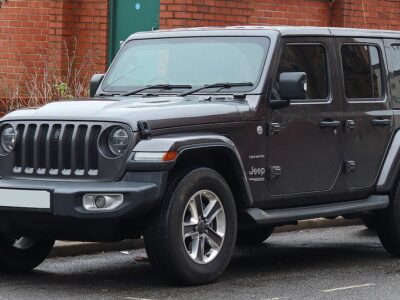
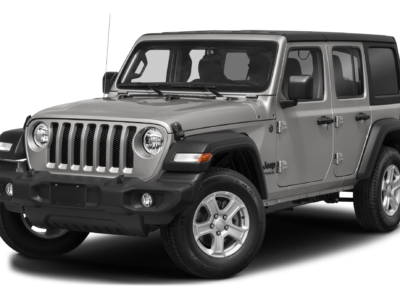
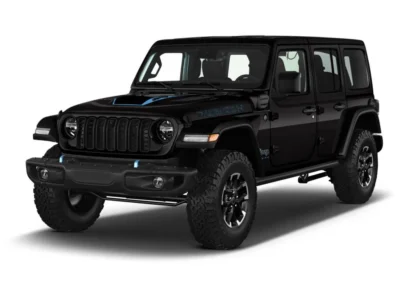
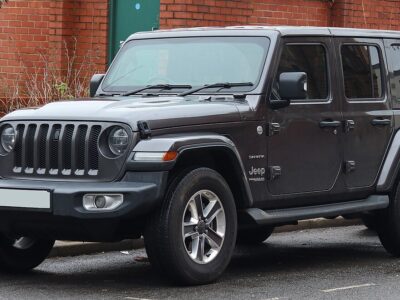
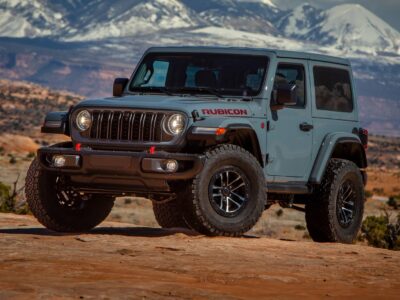
More content of your interest